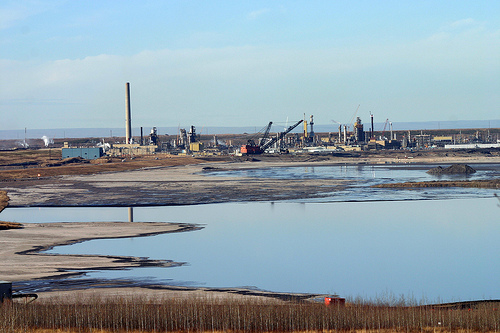
Hedegaard challenges Obama on tar sands
The EU climate commissioner Connie Hedegaard has told an audience in America that the EU will stick to its proposal to classify fuel extracted from tar sands as more polluting than conventional petrol and diesel.
[mailchimp_signup][/mailchimp_signup]
Hedegaard made the remarks on a visit to the USA, on which she challenged the Obama administration to show it was serious about tackling climate change by rejecting the controversial Keystone XL pipeline aimed at providing passage for tar sands fuels from Alberta to Texas and from there to the world markets.
Hedegaard’s remarks came as a report by Oil Change International, an American NGO campaigning for clean energy, says Keystone XL will not lessen US dependence on foreign oil but rather transport Canadian oil to American refineries for export to overseas markets, including Europe. It bases its report on data and documents from the US Energy Information Administration and the Canadian National Energy Board.
In a European context, Hedegaard’s remarks about the EU classification of tar sands fuels, although provisional and unofficial, give an indication about how discussions are progressing on the EU fuel quality directive. The Commission’s latest position is that fuels extracted from tar sands and oil shale should have a higher ‘emissions value’ under the directive than petrol and diesel, to reflect the higher emissions in the production process. But the legislation is still under discussion following a powerful lobbying operation by Canada, which wants to protect access to the global market for oil from the province of Alberta.
Hedegaard said it would send ‘an extremely strong signal’ for the Obama administration’s seriousness about climate change if it rejected the pipeline. T&E renewable fuels officer Nusa Urbancic said: ‘The construction of a massive pipeline taking high-emissions oil from Canada to the southern USA will also mean increased imports to Europe. For this reason, sticking with the tar sands value for the fuel quality directive is absolutely key, so that we can be sure that the emissions savings on paper correspond to reality.’
